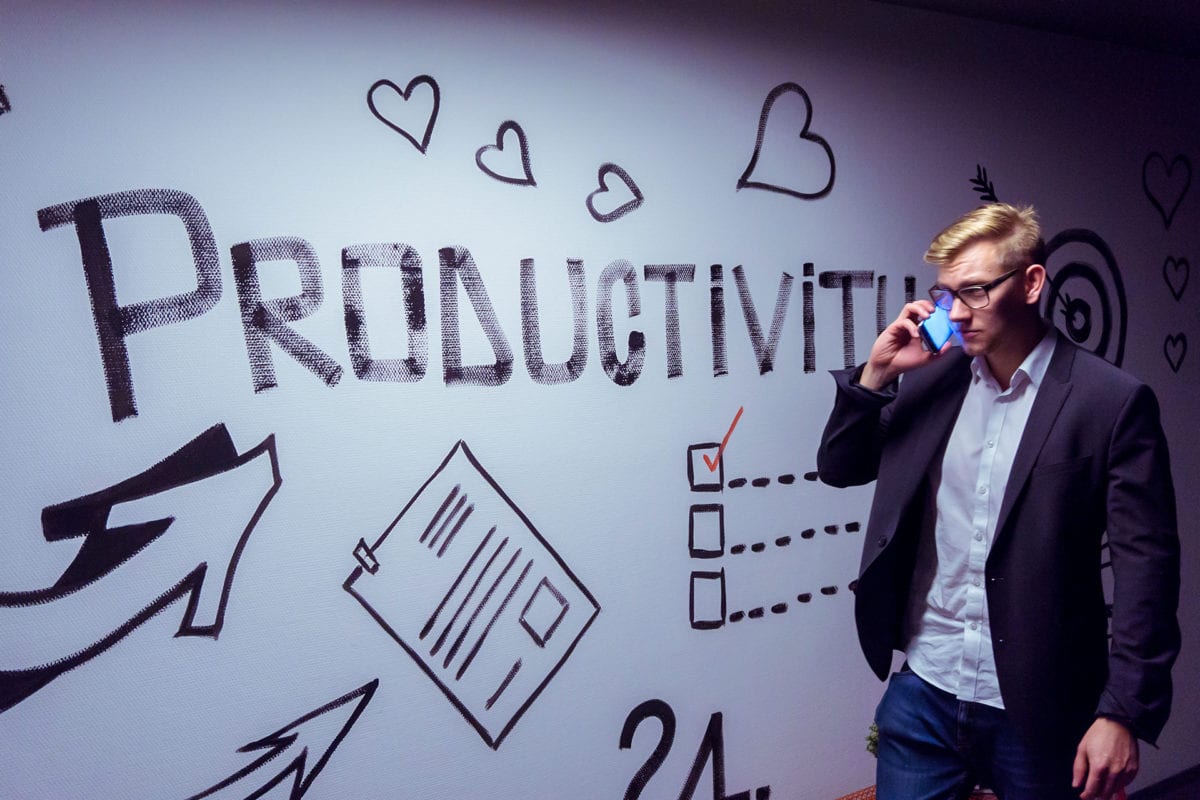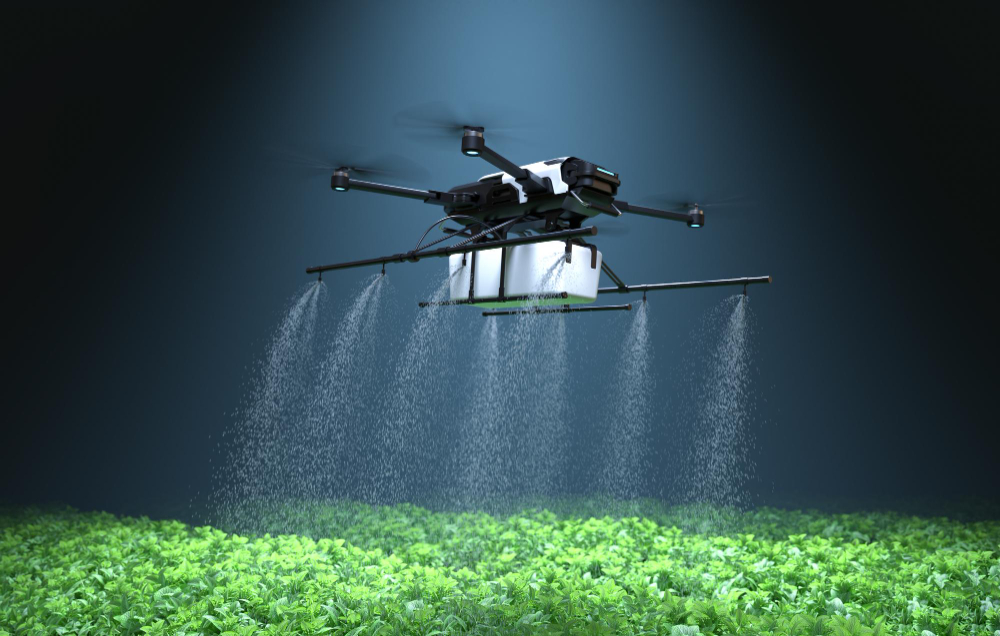It may be time to remove “multi-tasker” from your resume, because it’s not the skill that people think it It may be time to remove “multi-tasker” from your resume, because it’s not the skill that people think it is.
Multi-tasking or switching from one task to another and back again in rapid succession, is often viewed as a positive: multi-taskers are seen as people who can scratch every item off their always overflowing to-do list.
According to research, however, multi-tasking is a myth. Unless people are doing something completely second nature to themselves – such as walking and chewing gum – or it involves different brain processes, such as listening to music without lyrics while reading a book, it’s impossible.
If people are checking emails, and then writing a memo before scheduling appointments, they are actually task-switching, and doing so comes with a cost – a 40 percent loss of productivity, as the brain has to stop what it is doing and switch its focus to another task.
Called “switching cost”, “[a] 2003 study in the International Journal of Information Management found that the typical person checks email once every five minutes and that, on average, it takes 64 seconds to resume the previous task after checking your email,” writes New York Times Best Seller, James Clear.
Task-switching stops people from being able to prioritize tasks correctly and decreases their ability to retain information. It’s also stressful. As people start and stop tasks, they are often left with the feeling of never fully accomplishing their goals and feeling several steps behind. Even if people are able to scratch multiple items off their to-do list, the completed tasks may be filled with errors or lack in creativity – as people are trying to rush through their list rather than take the time to do their job correctly.
Instead of task-switching, people should single-task – focus their time and attention on what they are doing in the moment, finishing one job before moving on to another.
By focusing on one item, people are able to put all of their creativity and brainpower into accomplishing their one goal. Single-tasking also allows people to prioritize what is important in their day, and minimize stress.
Multi-tasking can come with a mental cost as well as one to productivity. By focusing on a single task at hand – mentally and physically – before moving on to a new one, jobs will get done with creativity, skill and efficiency.
Lisa Day | Contributing Writer

















